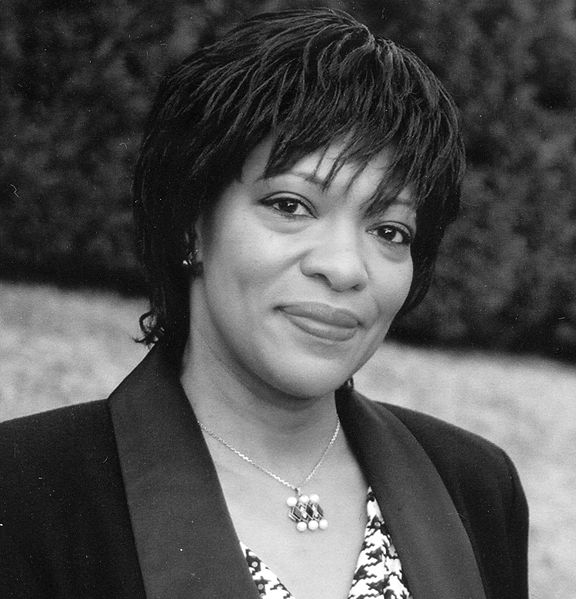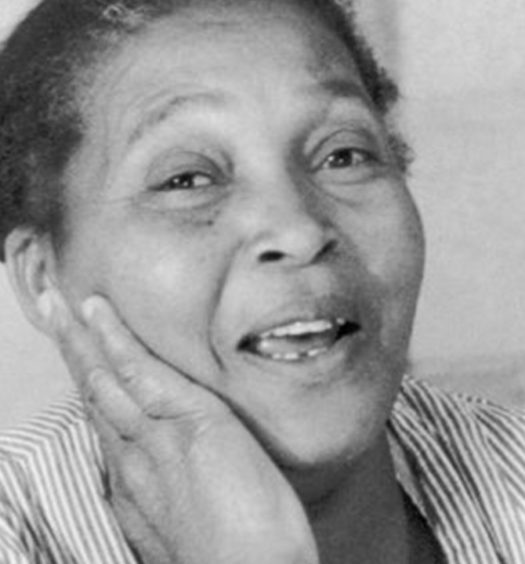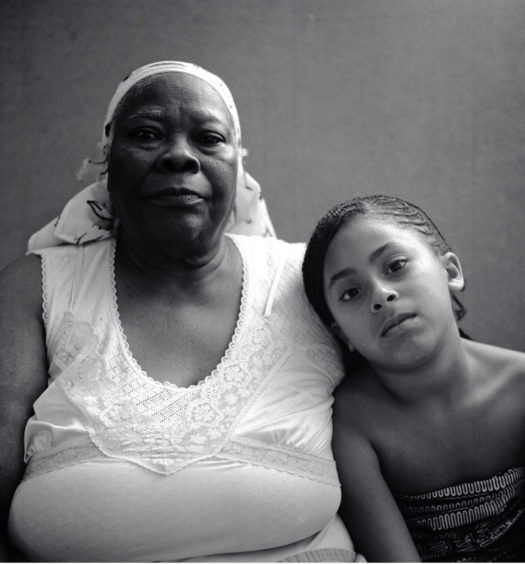By Rita Dove
In water-heavy nights behind grandmother’s porch
We knelt in the tickling grasses and whispered:
Linda’s face hung before us, pale as a pecan,
And it grew wise as she said:
‘A boy’s lips are soft,
As soft as baby’s skin.’
The air closed over her words.
A firefly whirred near my ear, and in the distance
I could hear streetlamps ping
Into miniature suns
Against a feathery sky.
By Rita Dove in the “Yellow House on the Corner” Carnegie Mellow University Press (1980)




